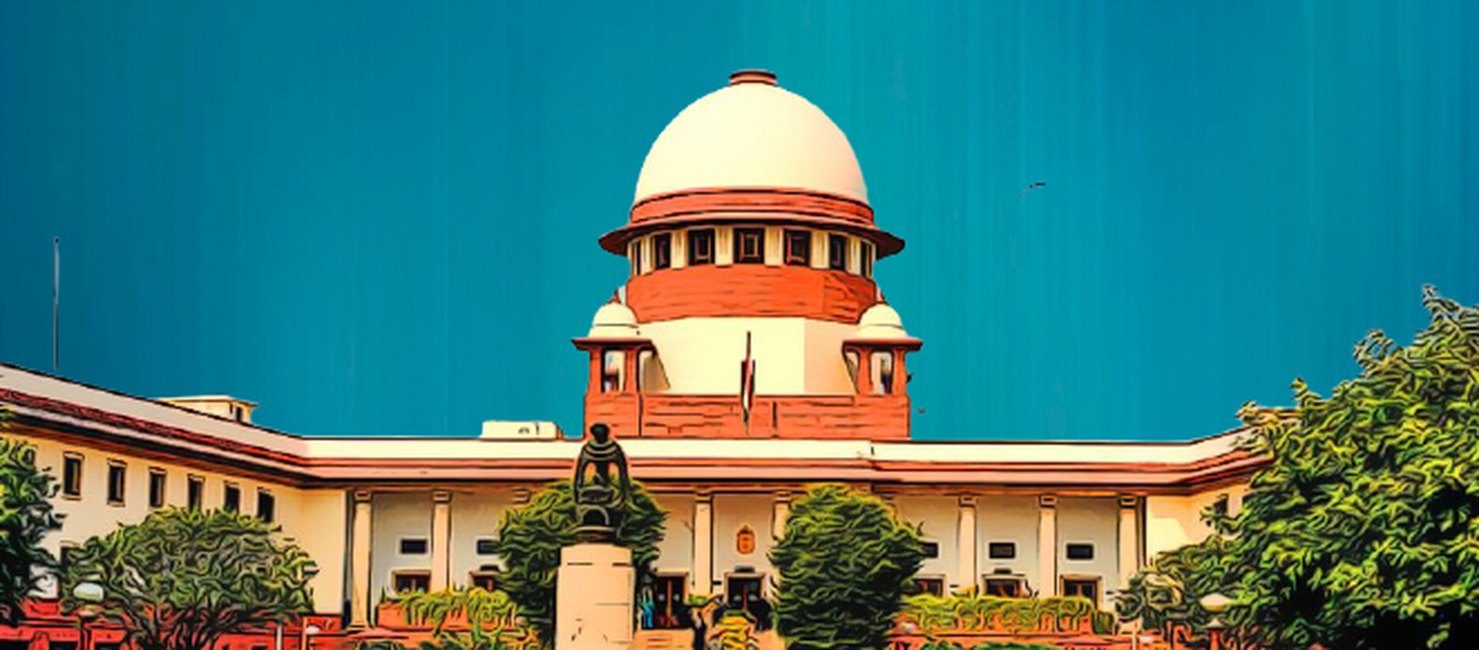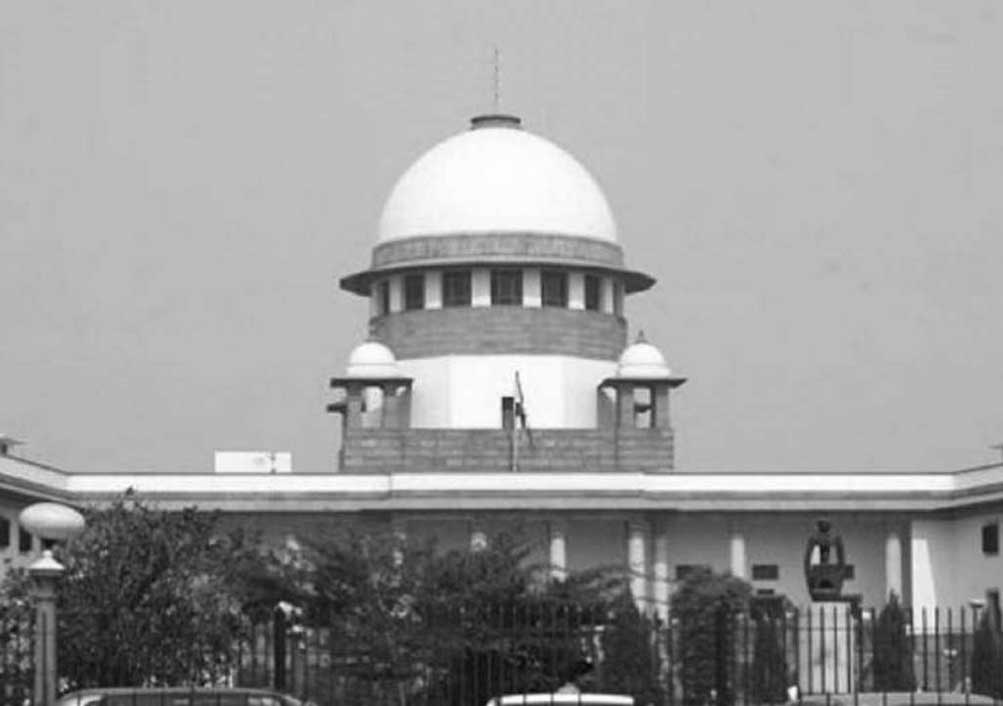No provocation by deceased: Supreme Court rejects contention of private defence, upholds conviction of accused persons sentenced to life for murder
Justices Sudhanshu Dhulia & Prasanna B. Varale [10-04-2024]

Read Order: SUBHASH @ SUBANNA & ORS v. STATE OF KARNATAKA MINISTRY OF HOME AFFAIRS [SC-CRIMINAL APPEAL NO. 328 OF 2012]
LE Correspondent
New Delhi, April 15, 2024: While upholding the conviction of the accused persons in a murder case, the Supreme Court has dismissed the contention that the act of the appellants was in exercise of the right of private defence as there was no provocation by the deceased.
The First Information Report, in this case, was lodged against the accused persons for commission of offences under Section 143, 147, 148, 504, 323, 324 and 302 r/w Section 149 of Indian Penal Code, on the basis of complaint submitted by Kumari Sangeeta alleging that on February 17, 2009, her uncle brought fire wood which was dumped on the way, blocking the path of the complainant. Thus, Sangeeta tried to reach the said path to throw dust, at that time she found that her pathway was covered with the fire wood. As such, she demanded an explanation from her uncle Subhash. When She raised the question, her uncle Subhash, his wife and his children responded by abusing Sangeeta. When her parents were apprised about the fact, then a verbal altercation started between both the families. Subhash and the other family members started abusing Mahadevappa and then they assaulted Mahadevappa with a stick on his forehead and face, causing grievous injuries to Mahadevappa.
Dattatrey (appellant No.2), who was carrying a chopper, laid an assault on the forehead and head of Mahadevappa, causing grievous injuries to Mahadevappa. Digambar (appellant No.3) threw a big stone below the right knee of Mahadevappa, resulting in grievous blood injuries. Then Digambar picked up a stone in his hand and hit Mahadevappa on his face causing injury. When Mahadevappa was brought to his house, he was unconscious as he had received grievous injuries. When Mahadevappa was brought to the hospital, he was declared dead and his body was sent for autopsy.
By way of an appeal before the Top Court, the appellants challenged the judgment of the Karnataka High Court convicting the appellants (accused Nos. 1, 2 and 4) under Section 302 of IPC and sentencing them to life imprisonment. Additionally, the High Court also upheld the conviction and sentence of appellant Nos.1 and 3 (accused Nos 2 & 4) under Sections 324 and 326 of IPC as awarded by Trial Court.
The first aspect noted by the Division Bench of Justice Sudhanshu Dhulia and Justice Prasanna B. Varale was that except 7-8 witnesses, the majority of other witnesses, who were neighbours of the deceased Mahadevappa, have turned hostile.
To establish the death of Mahadevappa being a homicidal one, the prosecution mainly drew support from the testimony of P.W.12 Dr. Balachandra Joshi who in his testimony before the Trial Court stated that he was working as Senior specialist since June, 2006 in Government Hospital, Gulbarga. The Bench noted that version of Dr. Basawaswamy supported the case of the prosecution on the aspects i.e., the presence of the prosecution witnesses Sharanappa and Sangeeta on the spot and their attempt to interfere to save their father Mahadevappa from the attack of the accused/appellants, and receiving injuries in that process.
The Bench did not accept the contention of the appellant that the act of the appellants was in exercise of the right of private defence and as such, offence under Section 302 of Indian Penal code was not attracted against them. Reference was also made to the judgement in Darshan Singh v. State of Punjab and Another.
As per the Bench, the evidence clearly showed that Mahadevappa was alone, he went to the house of appellants to make an inquiry, but he had not entered in his house and on the contrary, accused No.1 Subhash s/o Shivaray Natikar thrashed the deceased using stick on the head of Mahadevappa. The evidence also showed that accused no.1 was armed with stick, accused no.2 was armed with chopper and accused no.4 picked up the stones lying on the spot.
Even though the evidence further revealed that there was a verbal exchange, but there was nothing to show that this verbal exchange was in the form of a provocation by the deceased to the appellants.
The evidence of these injured eyewitnesses clearly showed that the intention of the accused person was to do away with Mahadevappa. It was clear that the victim Mahadevappa was unarmed, whereas the accused persons who were armed led a brutal attack on the victim Mahadevappa by stick, by koita and stone.
Thus, dismissing the appeal, the Bench concluded that the Karnataka High Court committed no error in upholding and confirming the judgment and order of Trial Court/Sessions Court.
Sign up for our weekly newsletter to stay up to date on our product, events featured blog, special offer and all of the exciting things that take place here at Legitquest.




Add a Comment